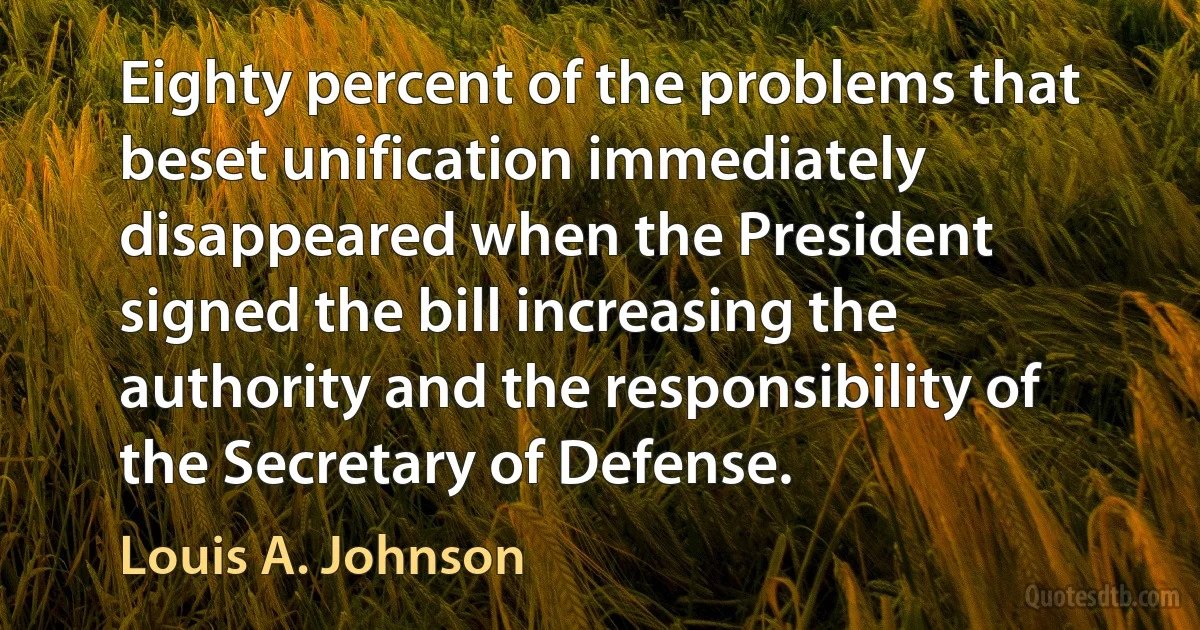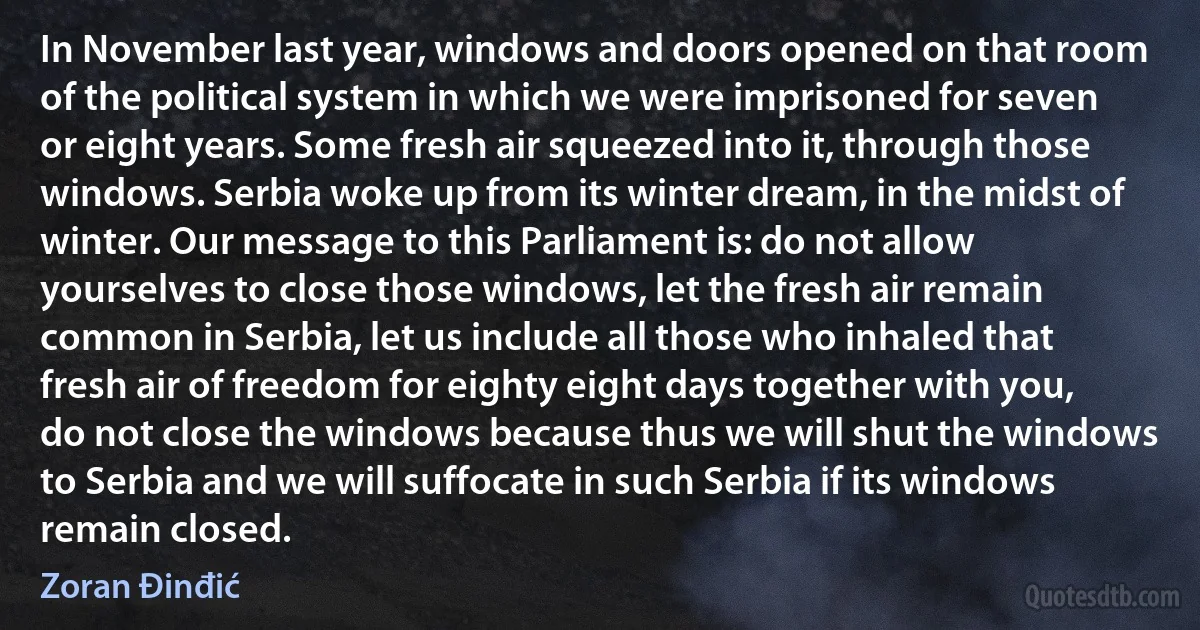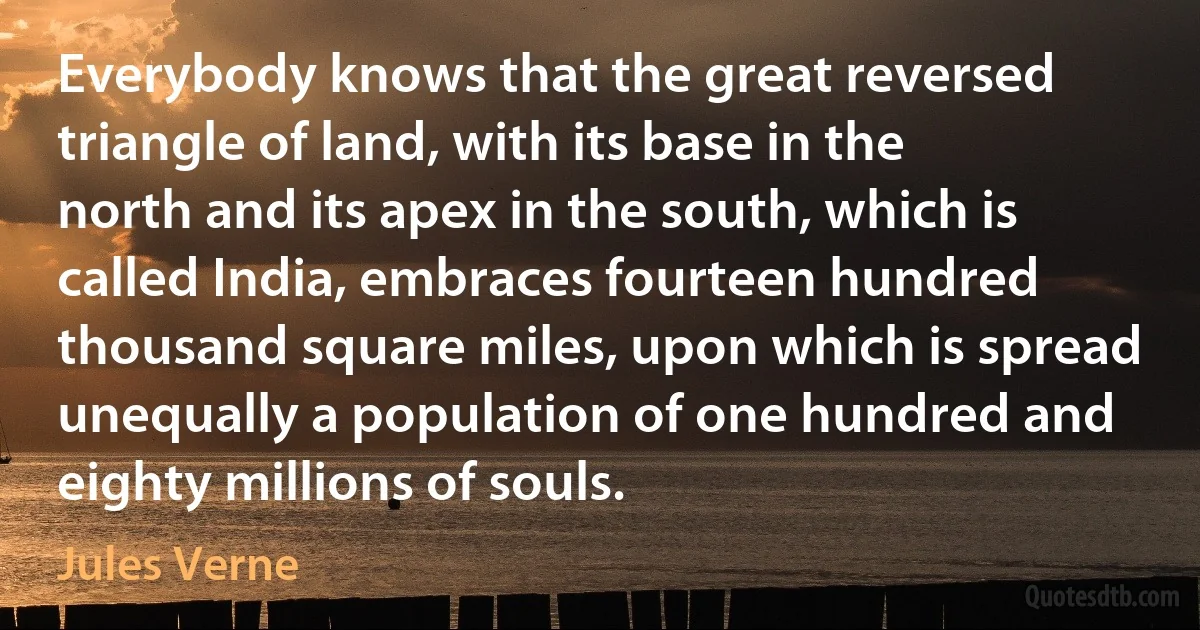Eighty Quotes - page 5
Turning away from the computer I saw through my own narrow window (at least it opened) the green, the blue, the flashes. I looked to the clock, the screen, the window. An hour passed, then two. I looked again at the clock and saw it had been only twenty minutes. I willed the second-hand, the minute-hand, the hour-hand to move faster, to deliver me to five o'clock when I would be released as from my prison term. Then suddenly I stopped, struck by the absurdity of wishing away the only thing I've got. Eight hours, eighty years, it was all too similar. Would I wish away the years until the day of my retirement, until my time was once again my own? At work I tried to keep busy to make the hours pass quickly. It was no different when watching television, socializing, moving frenetically--there are so many ways to kill time.

Derrick Jensen
Two babies were born on the same day at the same hospital. They lay there and looked at each other. Their families came and took them away. Eighty years later, by a bizarre coincidence, they lay in the same hospital, on their deathbeds, next to each other. One of them looked at the other and said, 'So. What did you think'

Steven Wright
What had really caused the women's movement was the additional years of human life. At the turn of the century women's life expectancy was forty-six; now it was nearly eighty. Our groping sense that we couldn't live all those years in terms of motherhood alone was "the problem that had no name." Realizing that it was not some freakish personal fault but our common problem as women had enabled us to take the first steps to change our lives.

Betty Friedan
No live organism can continue for long to exist sanely under conditions of absolute reality; even larks and katydids are supposed, by some, to dream. Hill House, not sane, stood by itself against its hills, holding darkness within; it had stood so for eighty years and might stand for eighty more. Within, walls continued upright, bricks met neatly, floors were firm, and doors were sensibly shut; silence lay steadily against the wood and stone of Hill House, and whatever walked there, walked alone.

Shirley Jackson
"To be born,” they say, "is a felony--it is a capital crime, for which sentence may be executed at any moment after the commission of the offence. You may perhaps happen to live for some seventy or eighty years, but what is that, compared with the eternity you now enjoy? And even though the sentence were commuted, and you were allowed to live on for ever, you would in time become so terribly weary of life that execution would be the greatest mercy to you.

Samuel Butler (novelist)
In 1938 and at the age of eighty, Hobson decided to republish Imperialism: A Study. By the late 1930s, public opinion was becoming much more critical of empire and imperialism: one prominent imperial historian of the time, W. K. Hancock, wrote that 'to... an increasing proportion of the ordinary public the "imperialist" is a robber and a bully'. Under growing Marxist influence there was also an increasing tendency to offer economic interpretations of imperial expansion and control. Encouraged by these trends and convinced that the looming conflict between Britain and France on the one side, and Germany, Italy and Japan on the other, was basically an attempt to re-divide the imperial spoils, Hobson decided that his ancient text was worth reprinting. But in republishing it, and despite adding a long preface, Hobson gave no indication that he had ever held different views.

Peter Cain



